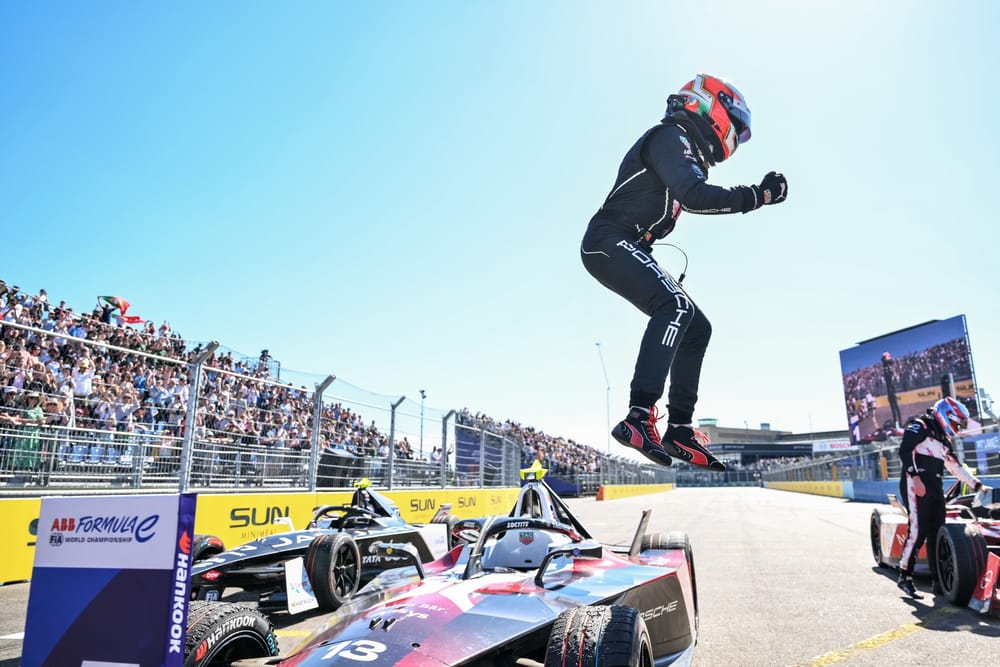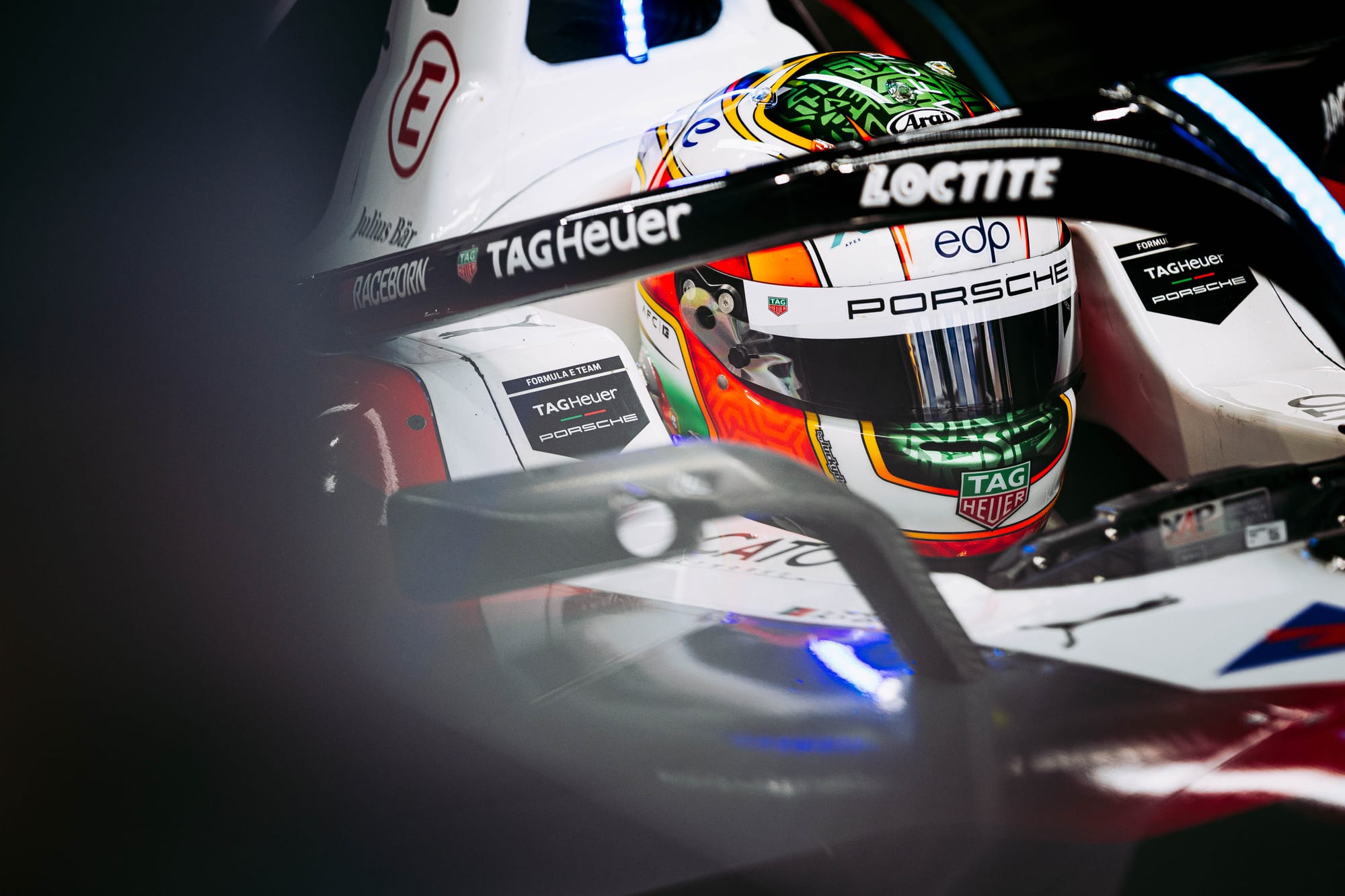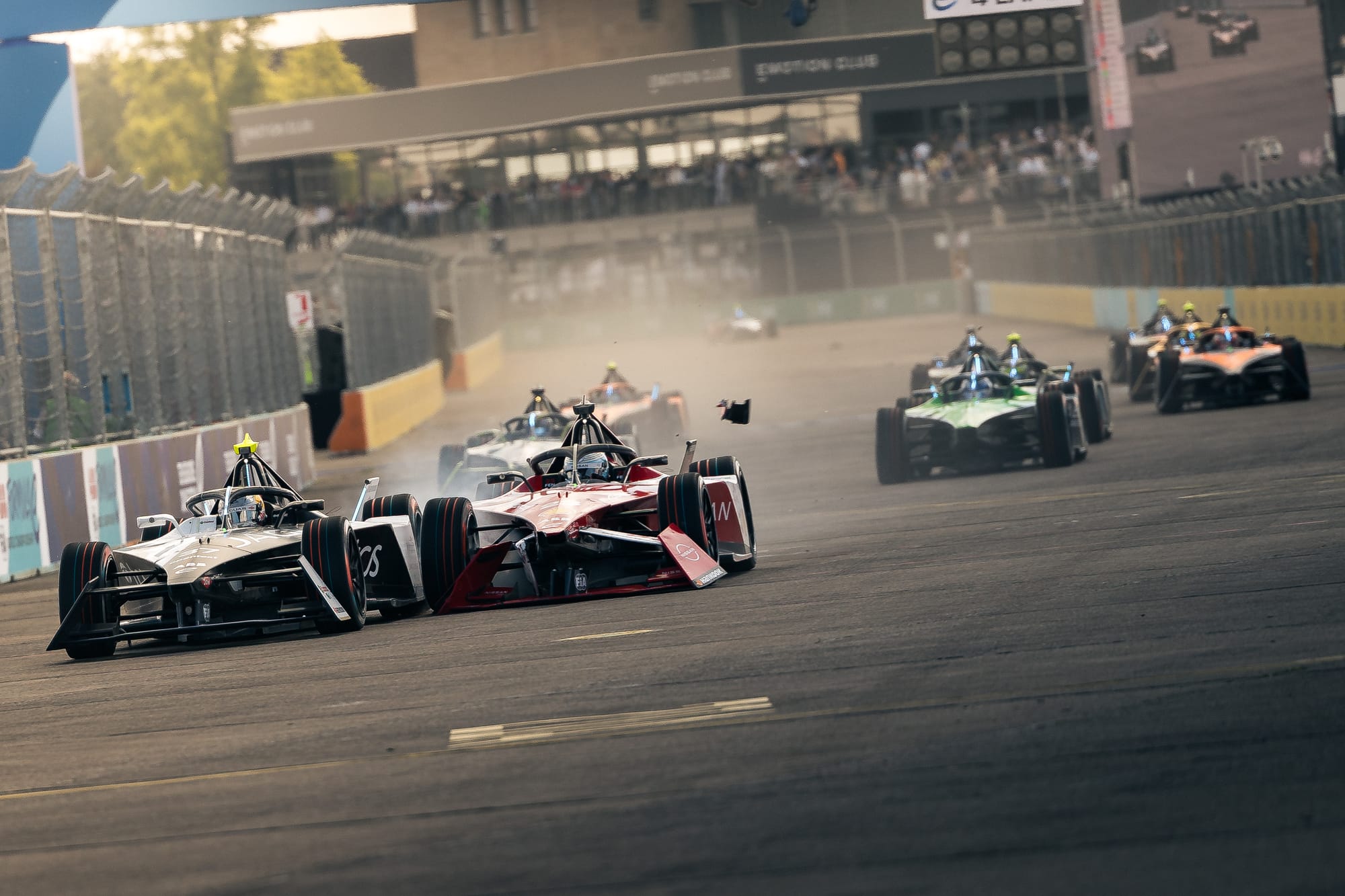Antonio Felix da Costa has dealt with plenty over these past nine months and he’s learned plenty in that time too.
Some adjustment, some mind-games, some doubts and some pressure have had to be processed. And that’s just from within his own Porsche Formula E team.
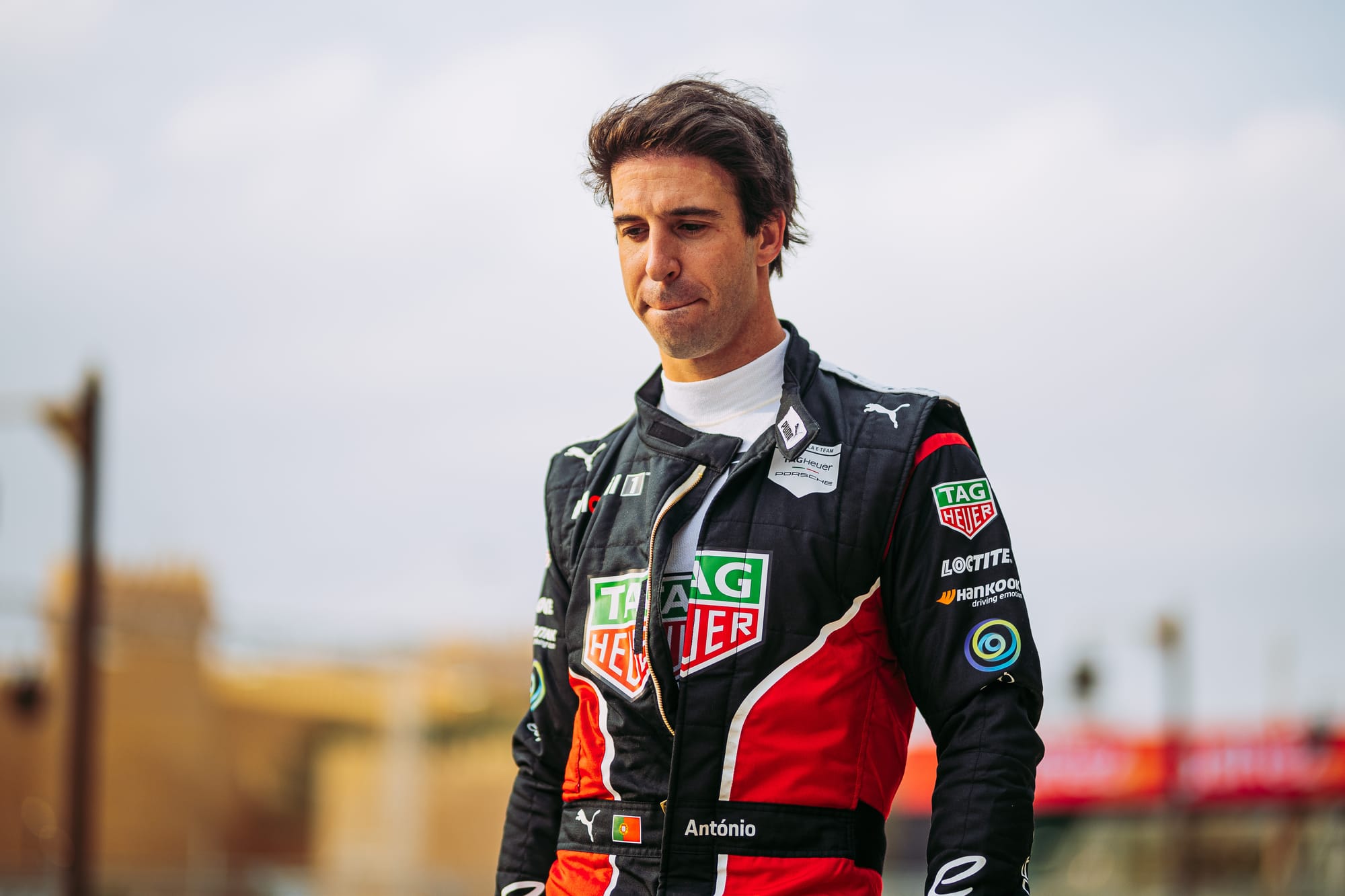
Outside of that, there’s been a win that was taken away from him, a probable lost vault into at least a title challenge as a result, and a recalibration of where his Formula E career is likely heading.
For all da Costa’s geniality and openness, there is also grit and determination. It’s so often overlooked because of the way he is as a human being. That’s why his first thought upon winning the second Berlin race last weekend was to dedicate it to the recently deceased father-in-law of his engineer Marius Meier-Diedrich.
But underestimate this overt decency at your peril.
He’s been to some dark places before. All professional drivers have. But how many have faced public questioning like da Costa, in-season, and then come out of it as winners? Not that many really.
There was the indignity, as revealed by The Race last month, of Porsche testing Nico Mueller. There was the constant questioning of his qualifying, with some justification, and there was the absence of positive emotion toward him by some within Porsche.
Prior to that ,there was a structural change in his activity for 2024 via the curtailment of his World Endurance Championship programme. But he should be back in the WEC at the very least next year.
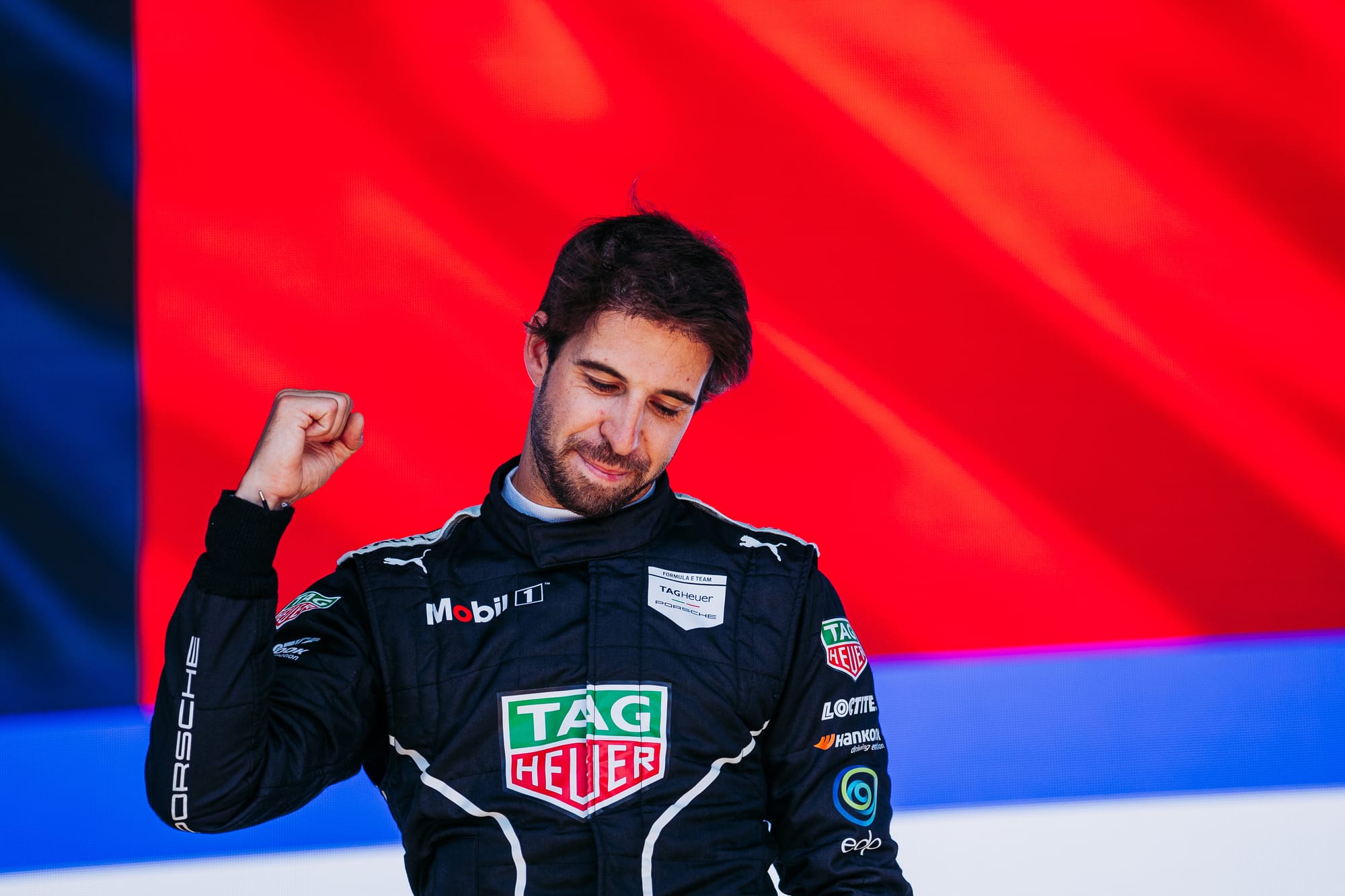
“I’ve learned a lot about myself, a lot about how to deal with these things this year,” da Costa told The Race as he walked from the media centre in Berlin back to the deserved adulation of his team in the pits.
“I think it was when I spoke to you in Riyadh and I was so honest, and I was like, ‘Yeah, I don’t see the light at the end of the tunnel’.
“That comment was taken out of context a lot, like I was lost and giving up and that was really not what I meant at the time. I like to be honest and I like to be fresh when I speak to you guys, I just keep on learning how in the car, out the car, how to cope with people and different nationalities.”
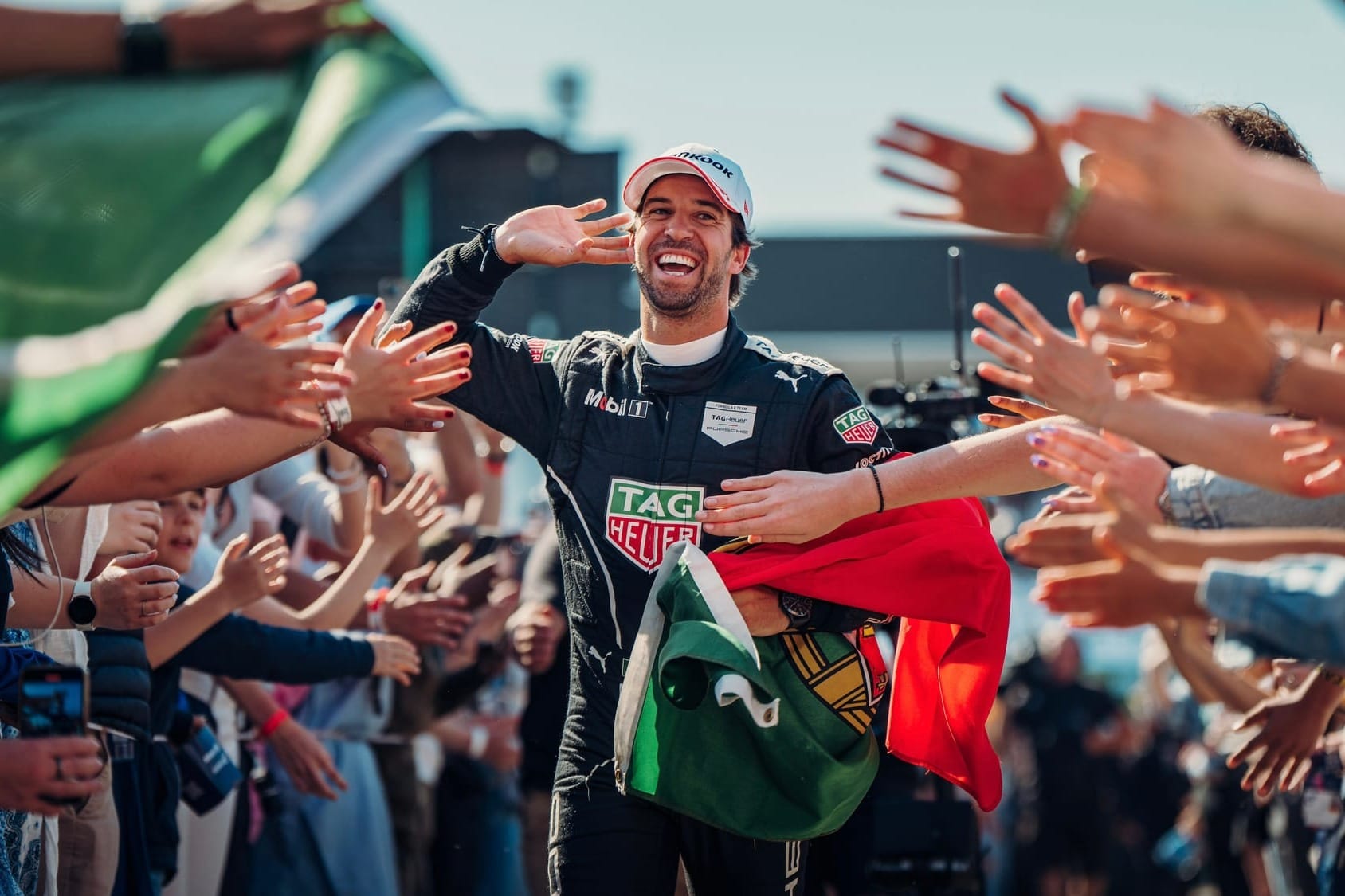
That’s an interesting comment. As well as the difficulties in qualifying, the feeling around da Costa and Porsche is that there is a cultural impasse between the emotive Portuguese and the clinical German management. It has truth within it and the team’s director Florian Modlinger is honest in his assessment that he seldom lets emotions into key decisions, if at all.
It's presumably why he decided to test his former DTM driver Mueller in Spain, back in March. The shockwaves of that though exposed da Costa.
“I came through a lot and I’m just happy to come back swinging in many different ways,” said da Costa.
“Honestly, if we exclude the first three races of the year and we count our Misano win I don’t think I’d be far off the leaders now. I just had that one retirement in Misano and all the other races I finished in the top six, all of them.
“If, if, if. It counts for nothing, but definitely when I start my year next year I’m going to have different considerations on a few things.”
Another telling detail on phraseology there. It feels like da Costa is already moving on without him saying so overtly. Has the questioning just worn him down? It doesn’t look as though it has, but it feels like he has moved on emotionally and grown to maybe accept it just wasn’t meant to be a long relationship at Porsche.
From the other side, Porsche’s side, there is little that has changed. The black and white of qualifying is still etched indelibly within the philosophy, even if qualifying is often rendered meaningless in Formula E.
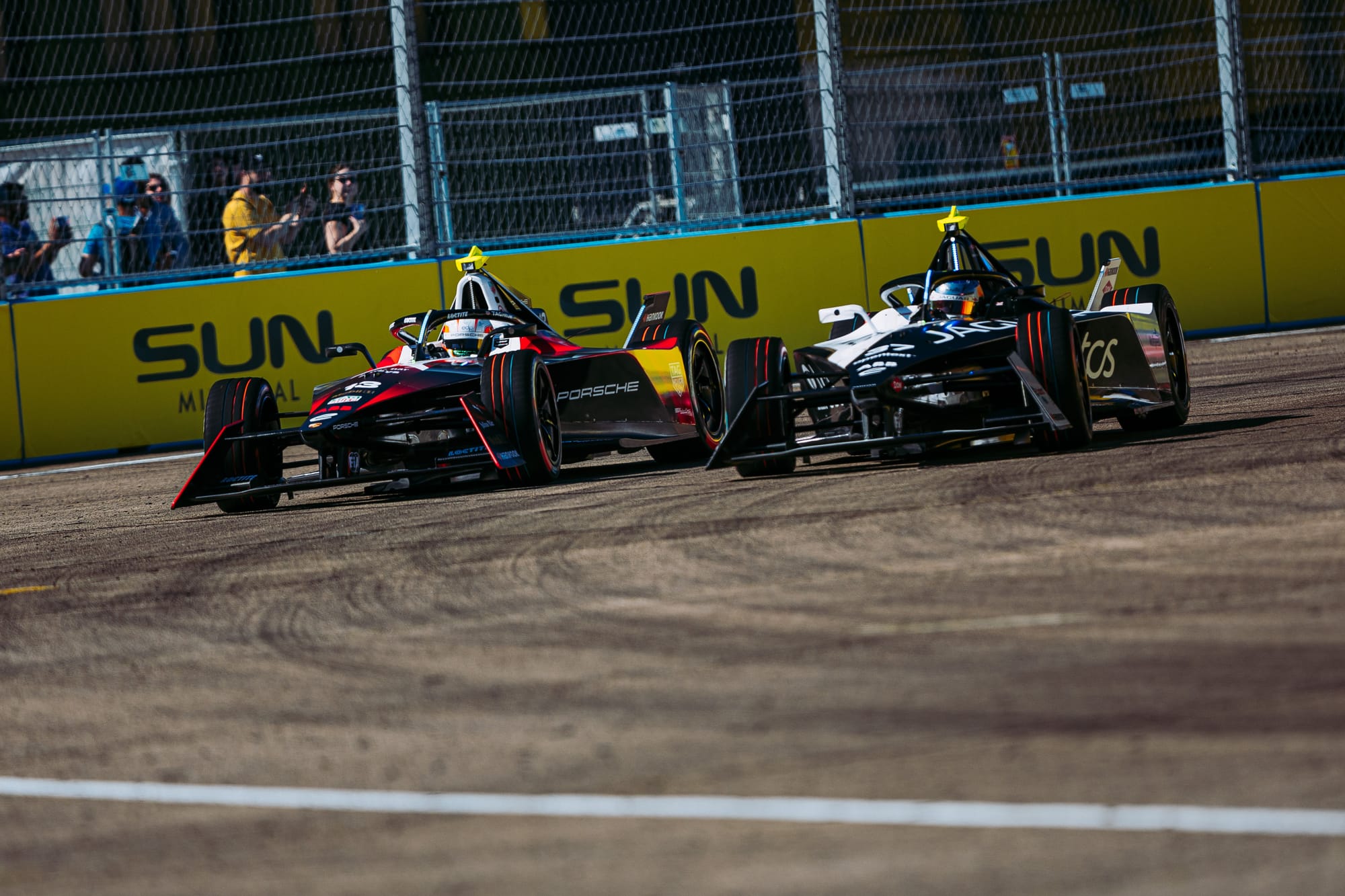
“He [da Costa] shows again what we expect from him and where we know he’s strong,” Formula E team director Florian Modlinger told The Race after savouring the win.
“He has an unbelievable racecraft, he can deliver in such races and this I can only repeat myself; we know how strong he is in racing, what passion he has for racing, how dedicated he is to this job, and he’s emotional.
“But we need still to sort the qualifying.
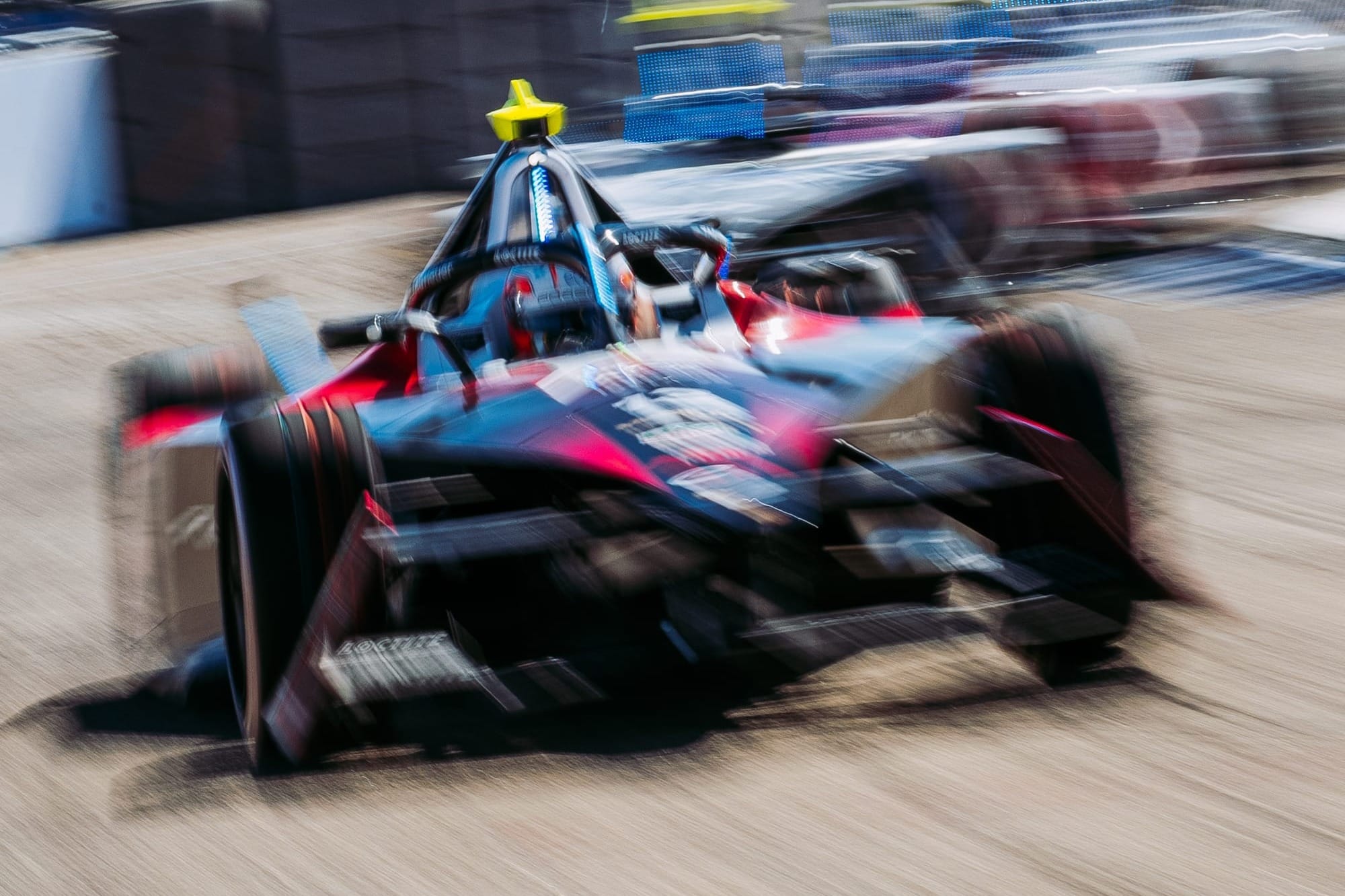
“You need to be consistent over the whole season and there you need also the qualifying performance. That’s the thing he needs still to work on. This time [in Berlin] he was very close; two times P5 in the group, but we need this little stretch to arrive in the duels and this must be the target.
“You come to London, you come to Tokyo, you come to Monaco and there you need to start more up front.”
The doubts that were cast about da Costa that spread after Diriyah weren’t exclusive to the Porsche team. Beyond it they extrapolated too.
That had to be hard to deal with. And it was.
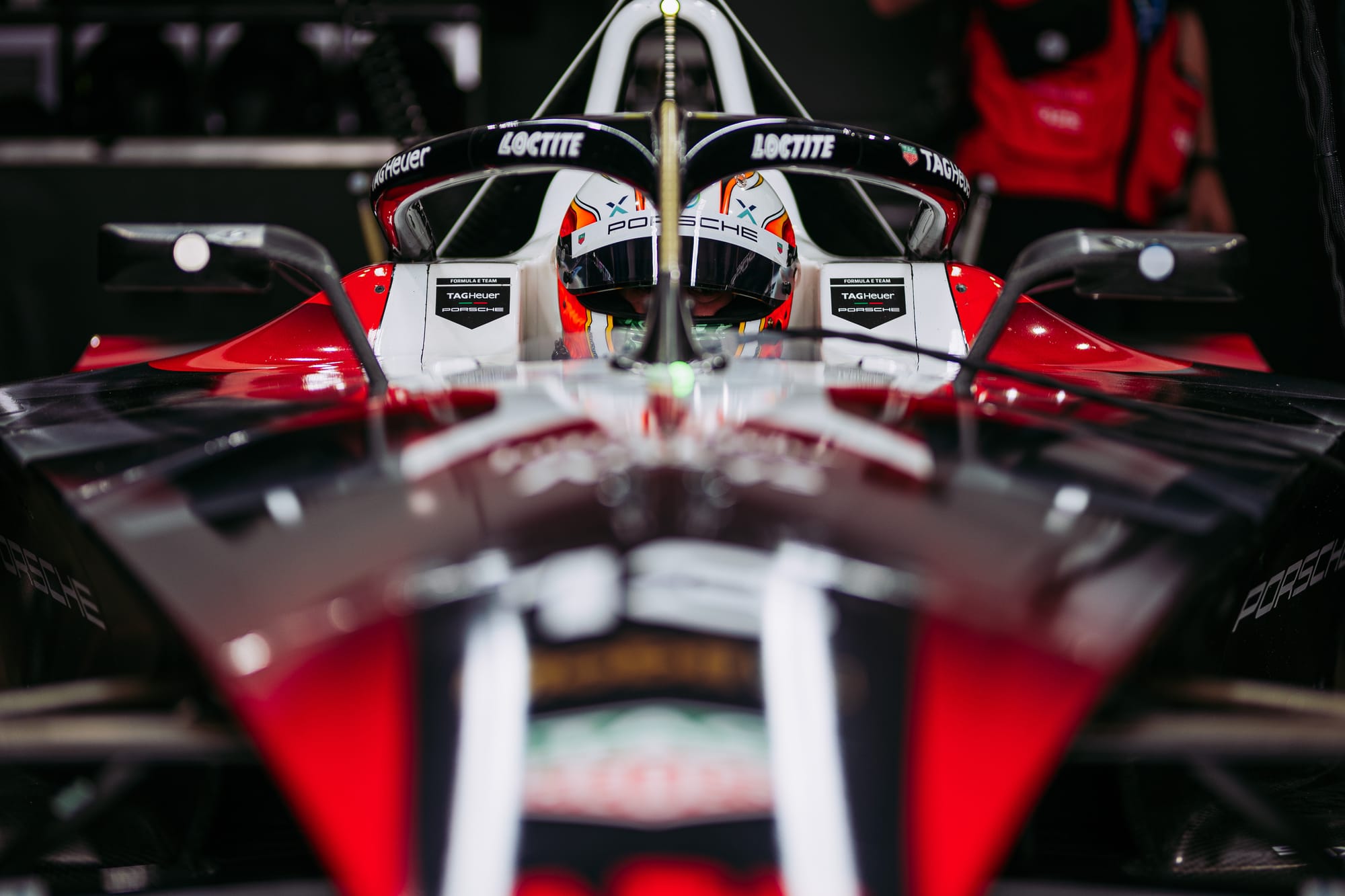
“I’m not going to lie, I don’t know what word to use but it wasn’t nice,” said da Costa. “Let’s put it like this: a team pulls together when times are tough, not when you win.
“It’s easy when you win and that’s what I would have liked to see a little bit more, but it is what it is, it’s where we are, and man, we’re in the world of sport where if you don’t perform, things can change.
“Is it nice? No. But it is what it is.”

